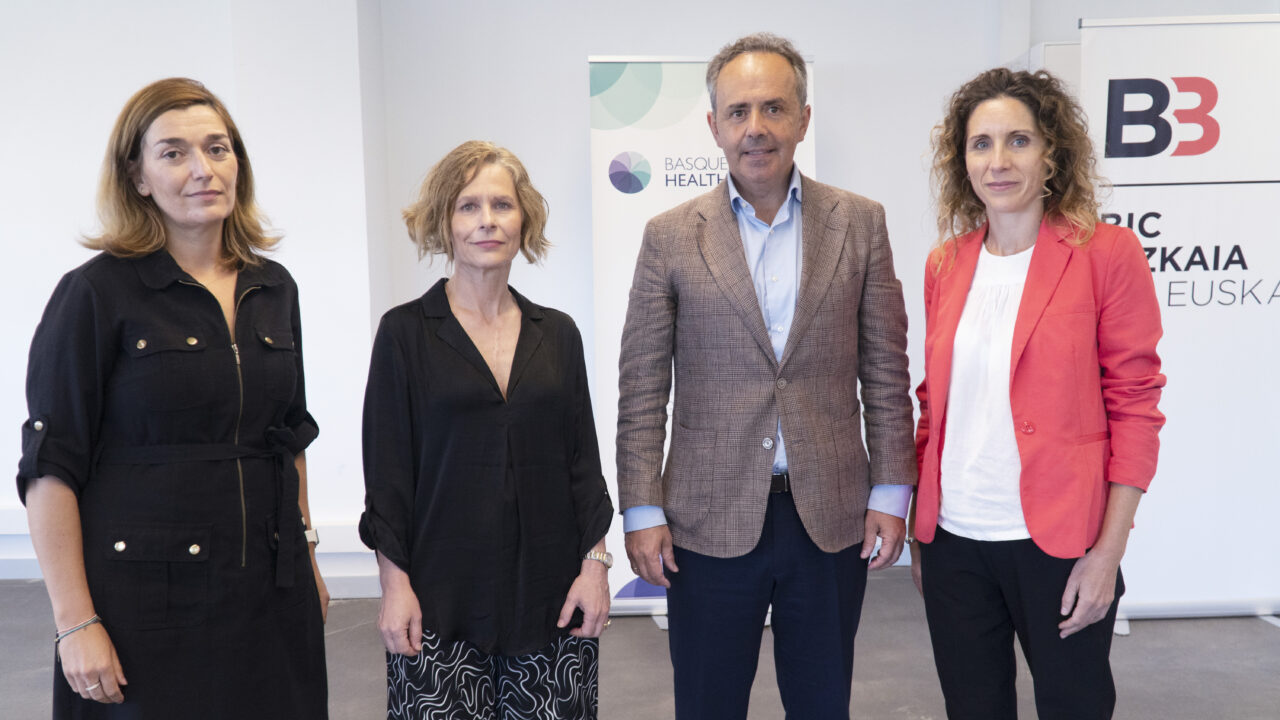At the Basque Health Cluster Assembly held on 9 June, the renewal of the Board of Directors was approved, whose president will now be Asier Albizu, CEO of Biolan Health, replacing Mikel Álvarez, president of Mondragon Unibertsitatea. The new management team will also be made up of: Julio Font, from Histocell, who will remain as vice-president of the cluster for another two years; María Eugenia Puertas from Bexen Medical as Treasurer, and Arantza Muriana from Biobide, as Secretary of the cluster.
In addition, the board of directors of the Basque Health Cluster has another 10 members and 2 honorary members, the SPRI and BIOEF (attached to the Basque Government’s Departments of Economic Development and Health), as well as VICOMTECH as the Technology Centre of the RVCTI.
The Basque Health Cluster is a non-profit association that was set up in 2010 under the name of Basque Biocluster, with the aim of coordinating, representing, managing, promoting and defending the common interests of the associated companies, in collaboration with public administrations and other organisations in the field of biosciences and health, as well as contributing to the development, growth and internationalisation of its associates and the biosciences and health sector in the Autonomous Community of the Basque Country.
At the end of 2021, the Basque Health Cluster had 91 associated companies representing 80% of the Basque health sector in terms of turnover. Of the total number of members, 11 are large companies (with more than 250 employees), 55 are growing firms (SMEs) and 25 are start-ups (less than 4 years old).
In the coming years, there are important challenges ahead, such as the approach to the new Medical Device Regulations (MDR) and in vitro diagnostic medical devices (IVDR), which, although they have come to re-establish the confidence of economic operators and users, their implementation is entailing a great effort of human and economic resources in the companies of the sector and a path not without difficulties to put new products on the market or adapt the existing ones to the new regulatory requirements.
But also, the need to strengthen cooperation, both public-private and private-private, to achieve greater competitiveness and positioning of the sector, and obviously all within the framework of environmental and social sustainability, seeking maximum efficiency and productivity and focusing on digitalisation, keys that logically require significant investments.


